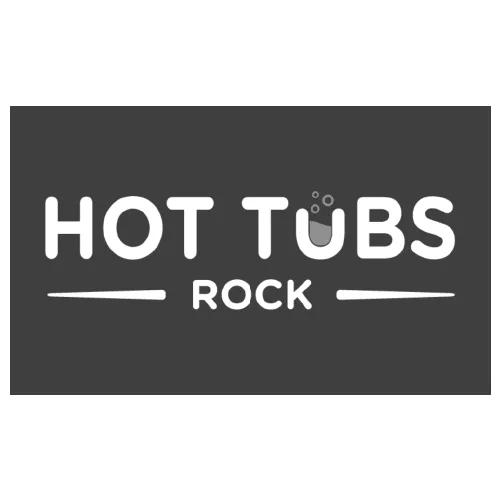
No items found.
Legionella control measures and general water hygiene in hospitals and other healthcare settings are covered by a list of legislation, regulations and guidance, including:
The Health Technical Memorandum 04-01: This guidance document provides specific instruction for the management of water hygiene in hospitals. It lists all relevant legislation as well as checks and control measures that should be carried out and at what frequencies.
The Health and Safety at Work Act, 1974: Strict workplace safety legislation which requires employers to protect staff from exposure to hazards, including Legionella, by conducting risk assessments and implementing control schemes.
The Control of Substances Hazardous to Health (COSHH) Regulations: Specific regulations relating to employers’ responsibilities to protect employees from hazardous substances, which also include Legionella bacteria.
The Approved Code of Practice for Legionella (ACOP L8): The ACOP guidance from the Health and Safety Executive (HSE) covers the various individuals responsible for Legionella control and what steps they should take to fulfil their obligations.
HSG274: This is a set of three documents which complement ACOP L8, providing specific guidance on how to control Legionella in a range of systems, including hot and cold water, evaporative cooling and ‘other risk systems' such as spas, pools and fountains.
Because healthcare facilities have a large number of vulnerable users who may have a heightened susceptibility to Legionnaires’ disease, Legionella in hospitals and other healthcare settings must be tightly controlled.
Compliance within the healthcare sector is overseen by HSE and the Care Quality Commission (CQC). While each body has a different approach to its inspections, both expect demonstrable compliance with Legionella control requirements, including conducting Legionella risk assessments for hospitals.
Non-compliance on the part of healthcare providers can result in a range of consequences, including prosecution and fines.
Controlling Legionella in hospitals begins with a Legionella risk assessment. In accordance with ACOP L8, this must be conducted by a competent person and will identify any areas of concern within your water system and inform a relevant control scheme for the long-term prevention of Legionella.
To book a Legionella risk assessment for a hospital, contact EMS Water today by calling 0800 358 110, emailing info@emswater.co.uk or filling out our contact form.
Water hygiene in hospitals and other healthcare settings is strictly regulated, and compliance is crucial. At EMS Water, we have a wealth of experience helping clients from a range of sectors, including healthcare, achieve and demonstrate compliance with sector-specific legislation.
We employ teams of highly trained assessors and specialists who conduct thorough Legionella risk assessments in hospitals, clinics, treatment centres and other environments, in line with BS 8580-1:2019 standards.
EMS Water is based in Hereford, but we operate across Herefordshire, Worcestershire, the West Midlands, Wales and throughout the UK. We offer complete compliance solutions, from risk assessments to ongoing control, with our water hygiene consultancy services.
The detection of Legionella in healthcare can trigger a number of actions. The site may need to be closed while issues are addressed. Remedial measures will need to be taken, which can include modifications to the affected system, Legionella disinfection and changes to the control scheme.
At EMS Water, we offer remedial services as part of our solutions, but for impartiality reasons, these will be quoted for separately. The BS 8580-1:2019 standards recommend that the role of assessor and contractor be kept separate, which we adhere to strictly, meaning all our remedial recommendations are impartial and you are not obliged to use EMS Water for remedial work, even if we conducted your risk assessment.



